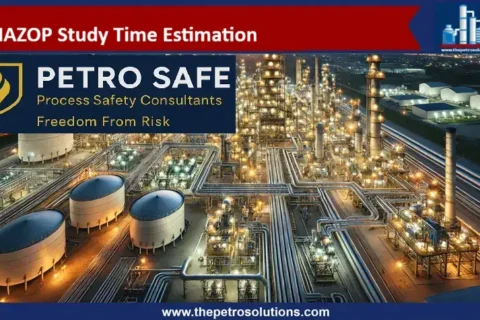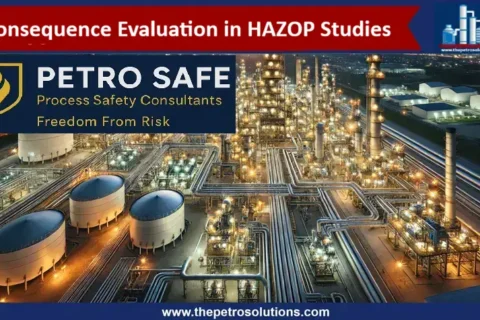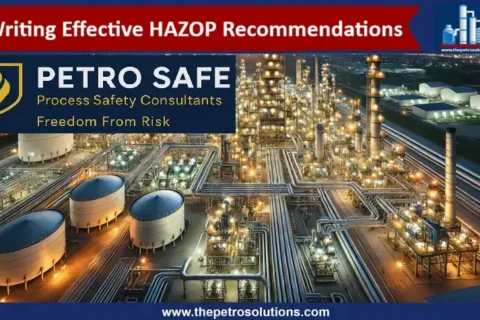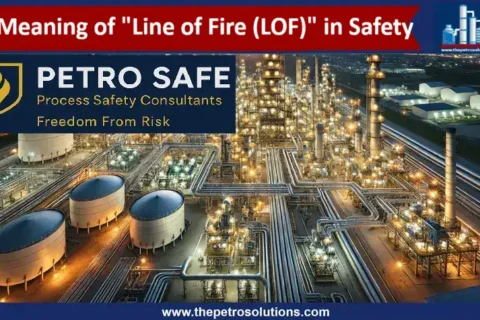An integrated oil and gas company is a large organization that is involved in every stage of the oil and gas production process. This means that they have the capability to explore for and extract oil and gas from the earth, transport it to refineries, process it into various products such as gasoline, diesel fuel, and other petrochemicals, and then distribute those products to customers.
Integrated oil and gas companies typically have a global reach and operate in many different countries around the world. They often have an extensive infrastructure in place to support their operations, including pipelines, refineries, and storage facilities. The well-known top integrated oil and gas companies are, Exxon (U.S.), Chevron (U.S.), Saudi Aramco (Saudi Arabia), Gazprom (Russia), China National Petroleum Corporation (China), Equinor (formerly Statoil of Norway), TOTAL (France), and ENI (Italy)
One advantage of being an integrated oil and gas company is that it allows for greater control over the entire supply chain, from production to delivery. This can lead to cost savings and efficiency gains, as well as the ability to manage risks associated with fluctuating oil and gas prices.
However, integrated oil and gas companies can also face challenges. They require significant investments in infrastructure and technology, and they are often subject to strict regulations and environmental concerns. Additionally, fluctuations in oil and gas prices can have a significant impact on their bottom line.
On the other hand, an independent oil and gas company is a company that is solely focused on the upstream (exploration and production) segment of the oil and gas industry. These companies do not have any downstream operations such as refining and marketing. Examples of independent oil and gas companies include EOG Resources, ConocoPhillips, and Devon Energy.
Both integrated and independent oil and gas companies play important roles in the industry, and they have different strengths and weaknesses. Integrated companies have more diversified operations and can benefit from economies of scale, while independent companies can be more nimble and focused in their operations. The choice of whether to operate as an integrated or independent company depends on the company’s goals, resources, and market conditions.
Top References
Certified Functional Safety Professional (FSP, TÜV SÜD), Certified HAZOP & PHA Leader, LOPA Practitioner, and Specialist in SIL Verification & Functional Safety Lifecycle, with 18 years of professional experience in Plant Operations and Process Safety across Petroleum Refining and Fertilizer Complexes.
- Nasir Hussain
- Nasir Hussain
- Nasir Hussain
- Nasir Hussain
- Nasir Hussain
- Nasir Hussain





